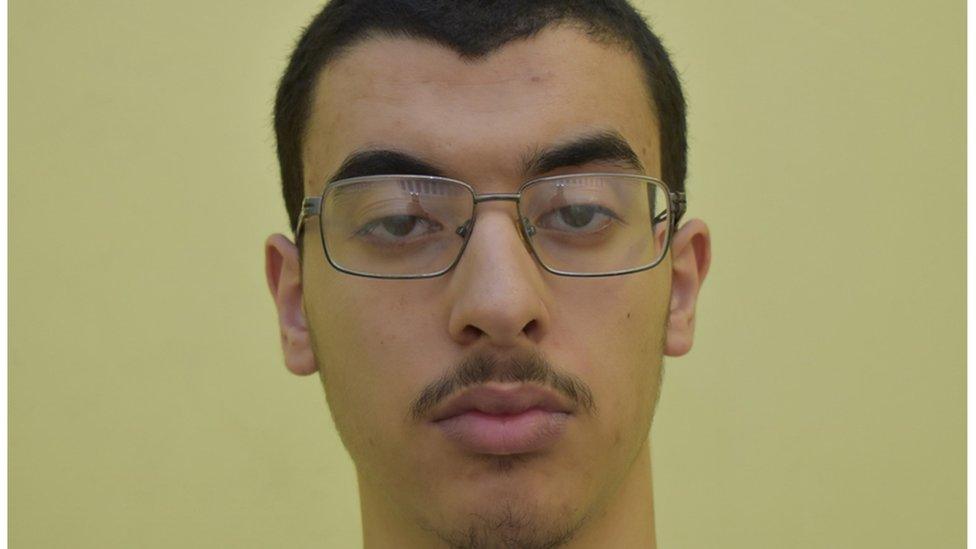Manchester Arena attack: Abedi's brother Ismail refuses to engage with inquiry
- Published
The BBC asks Ismail Abedi why he's not co-operating with the public inquiry into the Manchester Arena bombing
The elder brother of the Manchester Arena suicide bomber has refused to say why he is not co-operating with the public inquiry into the atrocity.
The inquiry has heard that Ismail Abedi has declined to answer questions in case he incriminates himself.
The BBC located the 27-year-old in Manchester, where he still lives, and approached him to ask why. He refused to engage and drove away.
Twenty-two people were killed and many more injured in the May 2017 attack.
Salman Abedi detonated a bomb at the end of an Ariana Grande concert.
Earlier this year, younger brother Hashem Abedi was jailed after being convicted of murdering all those who died.
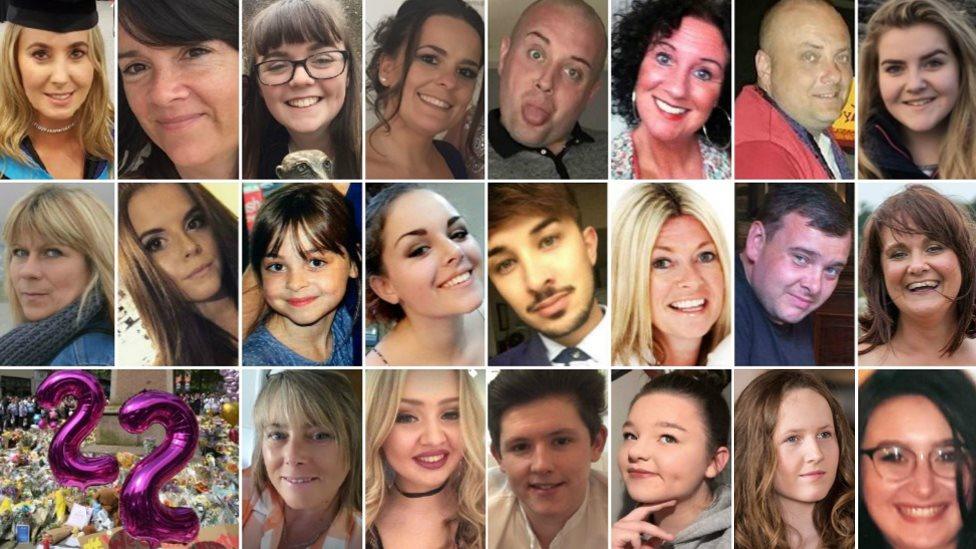
The bombing after an Ariana Grande concert killed 22 people and injured hundreds more
Salman and Hashem had spent months preparing the attack - buying bomb-making chemicals, transporting their purchases around Manchester, and renting a flat to make explosives.
A public inquiry is investigating every aspect of the bombing.
Ismail Abedi told Sky News in August that he wanted to "apologise for the pain" his brothers had caused and said he had "no idea they had taken this path".
But he was not questioned on any of the evidence from the trial. His refusal to co-operate with the inquiry emerged soon afterwards.
Last month, Paul Greaney QC, counsel to the inquiry, said: "Ismail Abedi, the brother of the killers, has been required by the inquiry legal team to answer a series of questions relating to what might in general terms be described as the issue of radicalisation.
"To date, he has declined to answer those questions on the basis that he maintains that his answers may tend to incriminate him."
Mr Greaney said that none of the Abedi family - the brothers' parents live in Libya - had provided a "substantive response", adding that it was "most unhelpful" and he hoped the family would "reflect and understand that they have a moral obligation to provide the information we require".
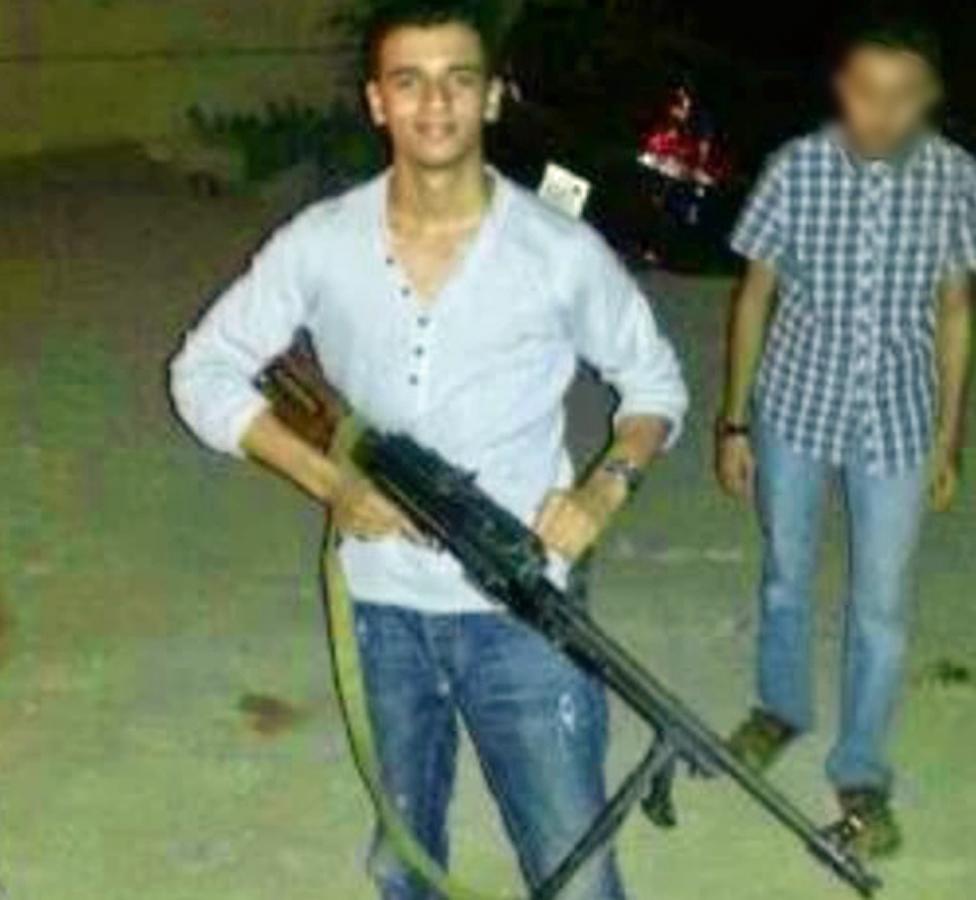
Ismail Abedi
Inquests into the Westminster and London Bridge attacks of 2017 did hear evidence from family members of the attackers. The Arena inquiry is the equivalent process for the Manchester attack.
The Abedi parents moved to the UK after fleeing Col Muammar Gaddafi's Libya, with their children born in Britain and brought up in Manchester.
At the time of the attack the parents had moved back to Libya. The family had regularly travelled to the country following the 2011 revolution.
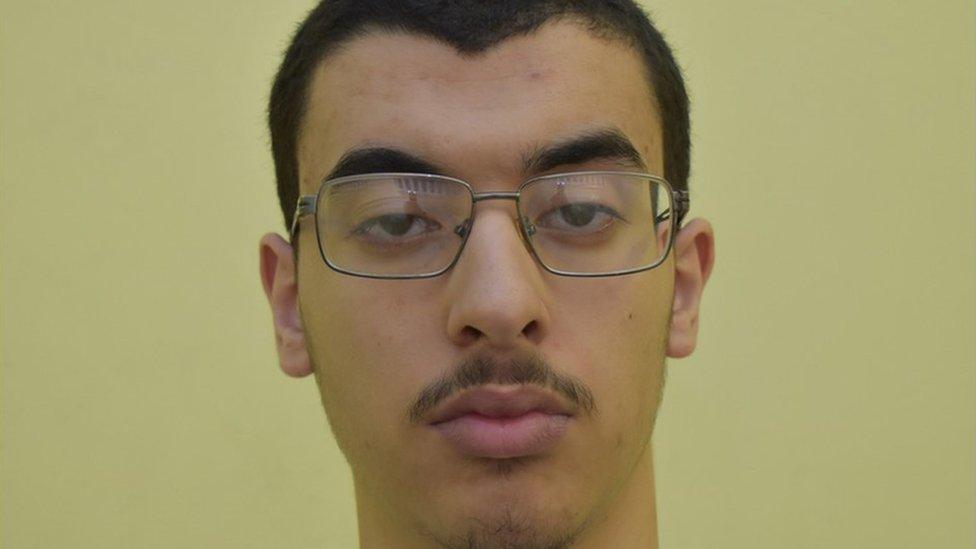
Hashem Abedi was arrested in Libya the day after the bombing
Ismail had purchased one-way tickets to Libya for his two brothers in April 2017. Salman returned five days before the bombing, while Hashem stayed there and was only extradited to the UK over two years later.
But Ismail Abedi, who is married, has remained in Manchester. He was arrested the morning after the Arena bombing, but later released without charge.
The inquiry has heard that in 2015 he was stopped by police after arriving at Heathrow Airport and that his mobile phone had contained recruitment videos and literature produced by the Islamic State group.
The inquiry has also been told that his Facebook account had earlier been viewed by MI5 and seen to show, among other things, a picture of Ismail holding a machine gun with an IS logo imprinted on the image.
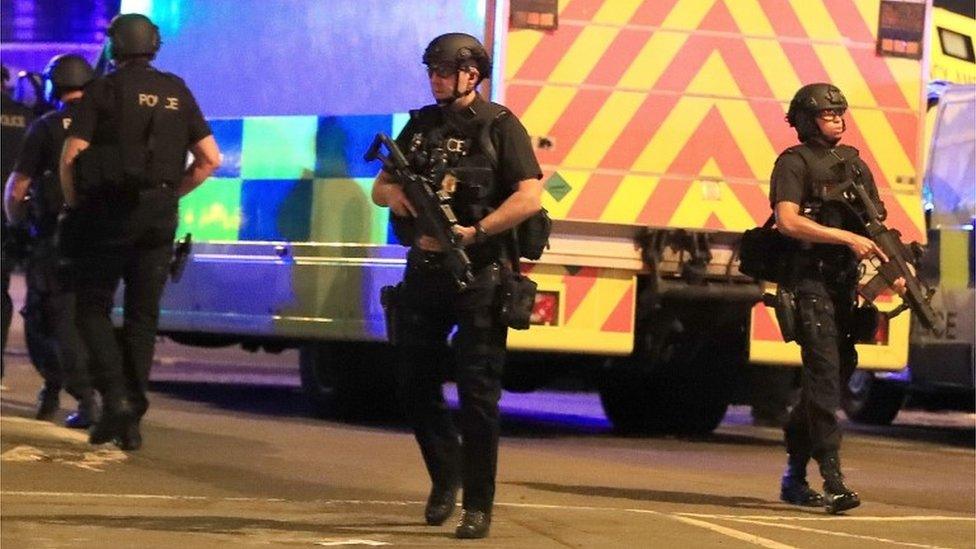
The inquiry is looking at a number of things, including the emergency response to the attack
Evidence presented during the Hashem Abedi trial also raises questions for Ismail.
Ismail's name was used to buy car insurance for Salman and Hashem, neither of whom had a driving licence, for a car they bought to transport materials around Manchester during the preparations.
A bank card in the name of the brothers' mother - which received over £1,000 in benefits each month despite her being in Libya - was used by Salman and Hashem to buy relevant items during their attack preparations, but it was found in Ismail's possessions when he was arrested following the bombing.
The public inquiry was told that a Libyan number was texting both Salman and Ismail on the evening of the attack.
Salman received texts a few minutes apart saying "call" and "ASAP".
Between the messages, the number wrote to Ismail saying: "Allah's peace and blessings be upon you."
Mr Greaney, during the inquiry opening, said: "This message and the coincidence of its timing with what was happening in Manchester may be innocent, but do serve to indicate that... the inquiry will need to explore whether, and if so to what extent, the Abedi family or members of it were a radicalising influence on Hashem Abedi and Salman Abedi."
But BBC research shows the Libyan number in question was Hashem Abedi's.
Evidence at Hashem's trial linked him to the number. The evidence included a text from Ismail to a contact saying whose number it was.
Salman called Hashem later that night - the last call he made before the bombing.
Pete Weatherby QC, representing seven bereaved families at the inquiry, told the BBC there had to be "maximum transparency" from all those called on to assist.
"If there is a lack of openness and transparency that is much for difficult for the public inquiry to achieve its ends, delivering truth and justice to the families and ultimately trying to prevent an outrage of this kind happening again," he added.
- Published7 September 2020
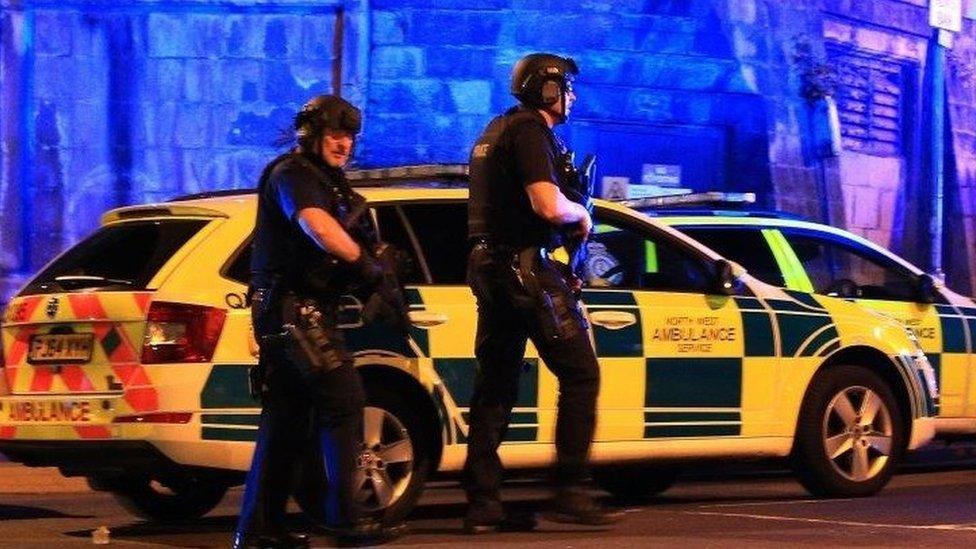
- Published20 August 2020
